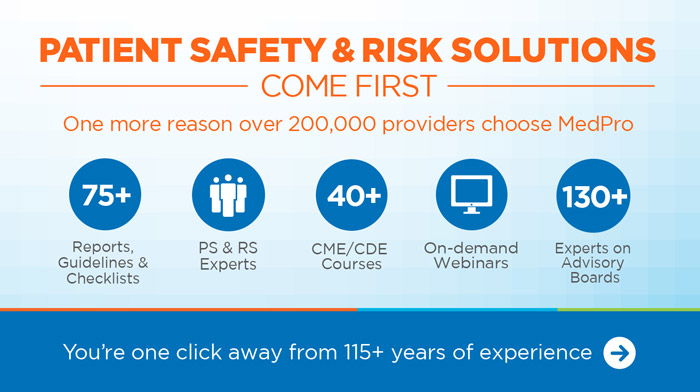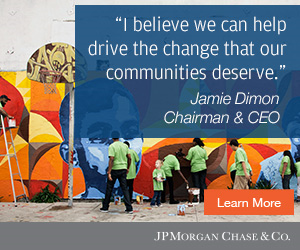-
Articles + –
A health care dream team? Taking a closer look at the Amazon, Berkshire Hathaway and JPMorgan Chase alliance
On January 30th, Amazon, Berkshire Hathaway and JPMorgan Chase announced plans to form an independent health care company for their employees, and perhaps ultimately, the country. In explaining the core driver behind their collaborative effort, Warren Buffett, chairman and CEO of Berkshire Hathaway, expounded, “The ballooning costs of [health care] act as a hungry tapeworm on the American economy. Our group does not come to this problem with answers. But we also do not accept it as inevitable.”
While the trio provided few specifics, they emphasized that the new health care company would be independent and “free from profit-making incentives and constraints,” with an initial focus on technology to provide “simplified, high-quality and transparent” care. While the timing and the specific companies involved were a surprise, the new company’s mission and strategy echo the changing expectations and increased bargaining power of the modern, digital consumer.
43% of consumers would consider purchasing insurance from a company such as Amazon or Google.
This blog post aims to explore the challenges this new venture will face, as well as the unique resources Amazon, Berkshire Hathaway and JPMorgan Chase bring to this new undertaking. If successful, this initiative could dramatically alter the future landscape of health care—especially for insurers. Mintel research on insurance innovation in the US reveals that 43% of consumers would consider purchasing insurance from a company such as Amazon or Google. Even more worrisome for insurers, 39% of consumers say innovative product offerings are more important than a long history of experience when choosing a new provider.
A daunting mission
News of this potentially transformative alliance has generated a wide range of reactions among consumers and businesses alike. Many are excited about the possibility of a much-needed health care overhaul, but some question if even these powerful contenders are any match for the entrenched players in the health care system. Indeed, US health care spending comprises nearly 20% of the entire nation’s GDP, with an astounding 25 cents of every dollar spent dedicated to administration costs. Similarly, that same health care ecosystem accounts for 9% of the country’s total employment. In short, disrupting—much less reimagining—health care on any substantial level is no small task.
A well-equipped team
Of the possible companies that could join together to form a better way to deliver health care, Amazon, Berkshire Hathaway and JPMorgan Chase are quite possibly the best three to do it. Let’s take a look at what each company has to offer and why it could play a critical role in this collaborative undertaking:
- Amazon: To date, nearly all media speculation for this new venture has focused squarely on the digital star power Amazon brings to the table. With a reputation for conquering any industry it enters, Amazon has incomparable logistical expertise, cutting edge AI capabilities, and an impressive customer base of over 60 million members. Most importantly, Amazon prides itself on providing exemplary customer experiences and seamless services—qualities that US health care sorely lacks. The prospect of having the same company that patented the one-click purchase process now designing potential health care platforms and delivery models is certainly revolutionary.
- Berkshire Hathaway: While Amazon has flash and technical sophistication, Berkshire Hathaway has a treasure trove of subsidiary companies—many of which have crucial medical, scientific and legal experience. This includes 11 insurance companies covering a wide range of sectors such as P&C, health and life. One of those companies, Central States Indemnity (CSI), might prove to be an especially valuable partner as it was an early and notable proponent of employee health and helped found the Wellness Council of America (WELCOA), a national business and health promotion nonprofit organization. Similarly, medical liability insurer MedPro Group has 20 separate medical specialty advisory boards at its disposal.
Source: MedPro Group Beyond professional acumen, Berkshire Hathaway also owns the Lubrizol Corporation, a specialty chemical company which produces commercial drug products and medical devices. With assets like these, there is no doubt why Warren Buffett feels ready to challenge the health care status quo.
-
Source: Pathmatics JPMorgan Chase: As long as formalized health care services exist, there will need to be equally formalized systems to track and pay for those services. Unfortunately, the payment models created by US health insurance companies are complicated, confusing and mired in bureaucratic red tape. This is where JPMorgan Chase, the largest bank in the United States, can step in and shine through innovative billing solutions. JPMorgan Chase has the opportunity to streamline health care financial services through the use of advanced payment platforms, specialized credit/debit cards, and newly designed health savings accounts. For its part, JPMorgan Chase offers its partners the path to a dramatically simplified health care payment model, reduced administrative costs and greater financial transparency along the way.
For more on the Amazon, Berkshire Hathaway and JPMorgan Chase venture, Associate Director of Health and Wellness Marissa Gilbert shares her thoughts from the health and wellness perspective here.

Caitlin Moling is Mintel Comperemedia’s Director of Insights, Insurance, focused on consumer and industry trends and competitive intelligence for insurance clients.
-
Mintel StoreGet smart fast with our exclusive market research reports, delivering the latest data, innovation, trends and strategic recommendations....View reports
-
Mintel LeapMintel Leap is a revolutionary new AI-powered platform that will transform your research process....Book a demo




































